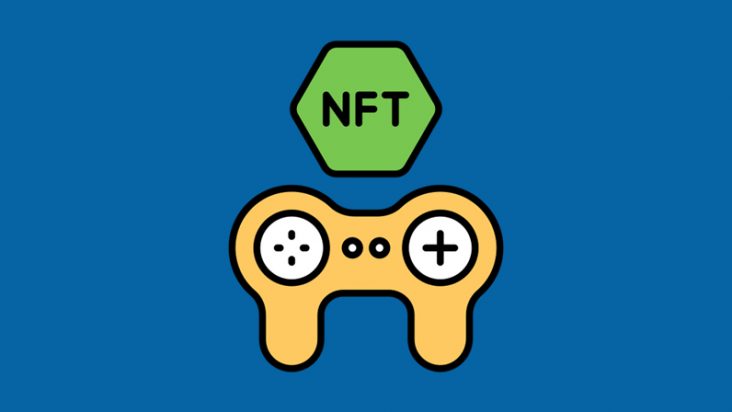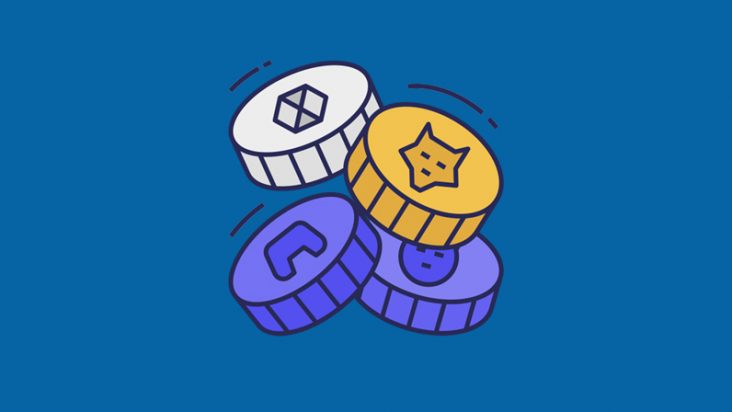
NFT marketplaces are digital platforms that facilitate the buying, selling, and trading of non-fungible tokens (NFTs) for creators, collectors, and investors. NFTs are unique digital assets that are authenticated on a blockchain network, providing evidence of ownership and scarcity. These digital assets can include anything from art, music, videos, games, collectibles, and virtual real estate.
| Name | Website | Collections | Users | Trading volume | Date of launch |
|---|---|---|---|---|---|
 | https://magiceden.io/ | over 10,000 | over 1 million | $21,96 million | September 2021 |
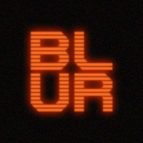 | https://blur.io/ | 20 million | over 50,000 | $17,51 million | October 2022 |
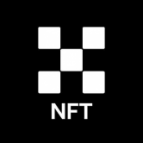 | https://www.okx.com/web3/marketplace/nft | over 10,000 | over 1 million | $9,06 million | August 2021 |
 | https://opensea.io/ | over 80 million | over 2 million | $7,82 million | December 2017 |
 | https://unisat.io/market | over 10,000 | - | $7,3 million | 2023 |
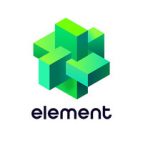 | https://element.market/ethereum | over 100,000 | over 10,000 | $1,16 million | June 2021 |
 | https://www.tensor.trade/ | over 500,000 | over 10,000 | $1,05 million | 2022 |
 | https://market.immutable.com/ | over 50,000 | over 200,000 | $620,75 thousand | March 2021 |
 | https://www.stargaze.zone/ | over 1,000 | over 50,000 | $410,46 thousand | December 2021 |
 | https://x2y2.io/ | over 10,000 | over 50,000 | $387,34 thousand | January 2022 |
The popularity of NFTs has skyrocketed in recent years, resulting in the development of numerous NFT marketplaces. These platforms offer a user-friendly interface for purchasing and selling NFTs while also acting as a market data aggregator, providing traders and investors with up-to-date information on trends and pricing.
Top 10 NFT marketplaces
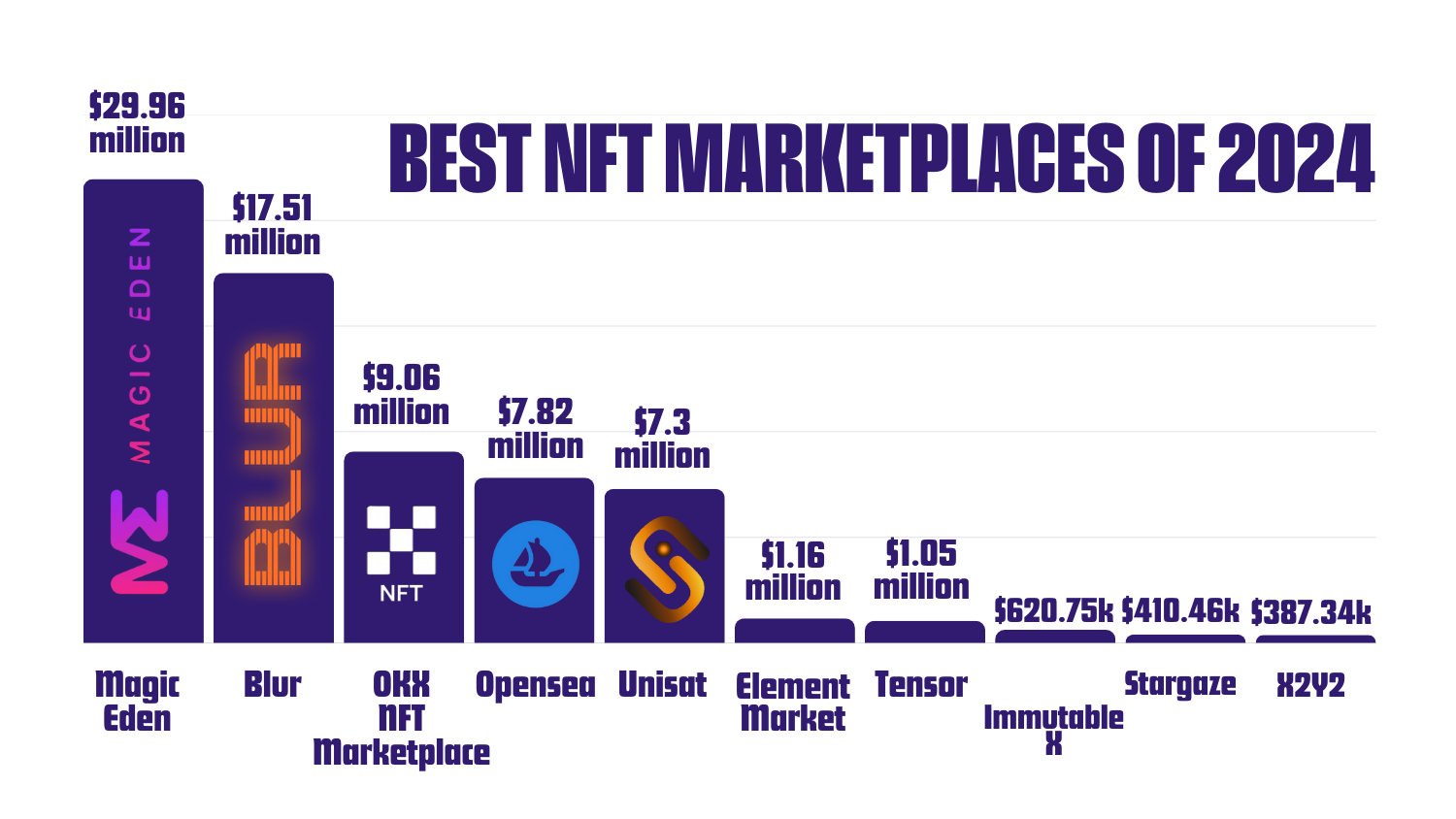
1. Magic Eden

Magic Eden is a prominent NFT marketplace, renowned for its community-centric approach and wide range of supported blockchains including Bitcoin, Solana, Ethereum. It’s recognized for its extensive collection of NFTs and Ordinals, offering a platform for users to buy, sell, and discover a diverse range of digital assets (Magic Eden).
The marketplace stands out with features tailored for both traders and creators. Its “Popular Collections” feature highlights trending projects, providing traders insights into potentially profitable NFTs. The Launchpad facilitates easy minting of NFTs, vetting projects to represent the interests of users and creators alike. The Attributes Filter aids in precise searches by allowing users to filter NFTs based on specific traits, while the “Stats” section offers valuable data on NFT popularity and value.
Community engagement is a key aspect of Magic Eden, emphasizing the importance of decentralization by providing a platform for user feedback and interaction. The secondary market is also a focal point, enabling creators to earn royalties from resales, thus contributing to a vibrant NFT ecosystem. Additionally, the Magic Ticket airdrop and DAO membership offer governance, rewards, and community engagement opportunities to users.
Magic Eden is known for its low fees, charging no fees for listing and only 2% on transactions. The marketplace’s substantial transaction volume, surpassing $200 million, attests to its popularity and scale within the NFT space.
2. Blur
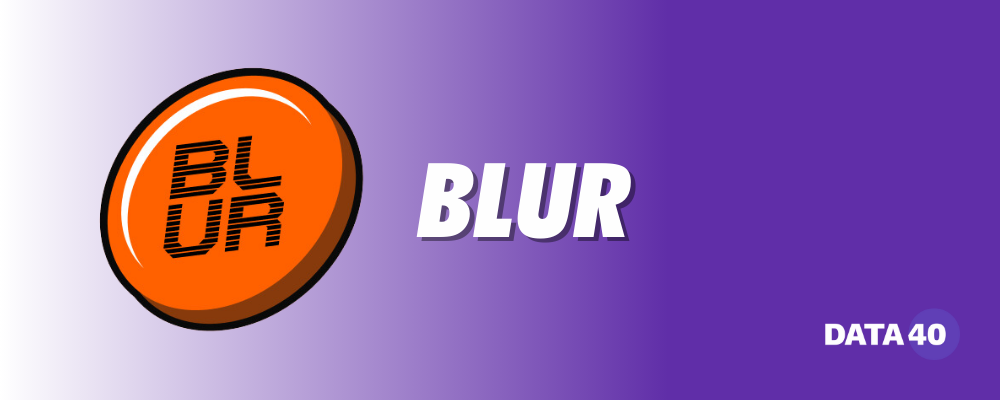
Blur is an NFT marketplace that has quickly established itself as a major player in the space, even surpassing OpenSea in trading volume. The platform is built on the Ethereum blockchain and is known for its decentralized governance model. BLUR, the native ERC-20 token of Blur, plays a significant role in this ecosystem, granting holders voting rights on platform decisions and improvements. A total of 3 billion BLUR tokens are set to be distributed over 4-5 years, with a significant portion allocated to the community through airdrops, grants, and incentive programs.
Blur has gained traction for its pro-trader features and low fees. It offers functionalities like Sweeps for bulk purchasing, Blend for collateralized lending, and a transparent bidding process. Despite its focus on the Ethereum network, the platform’s streamlined interface and lower royalty fees (only 0.5%) make it appealing, especially for professional traders. However, Blur’s strong focus on high-value NFT trades and its exclusive compatibility with the Ethereum network might limit its appeal to a broader audience.
The platform’s approach to royalties has sparked debate within the NFT community. Blur allows users to pay optional royalties to creators, a model that has drawn criticism from some creators and collectors who feel it moves profits away from artists. Despite this, Blur has attempted to encourage the payment of full royalties by offering additional BLUR token rewards to traders who list NFTs with full royalties.
Founded with an $11 million seed funding led by Paradigm, Blur was developed by a team of experts from the fintech and trading industries. The platform’s rapid growth and approach to decentralization have made it a notable entity in the NFT marketplace arena
3. OKX NFT Marketplace
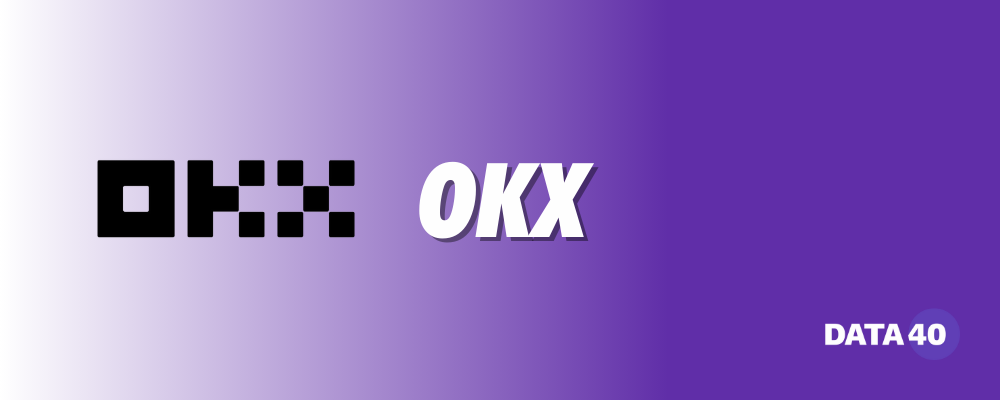
The OKX NFT Marketplace has positioned itself as a noteworthy contender in the NFT domain, distinguishing itself through various features and a significant rise in trading volume. This multi-chain, zero-fee platform extends beyond traditional offerings by integrating advanced analytics, an ‘orderbook’ mode, and aggregating NFT listings from leading marketplaces like OpenSea, MagicEden, LooksRare, and Blur. This strategic aggregation ensures deep liquidity and a wide array of choices for users, contributing to its competitive edge. Unlike other centralized exchanges that typically focus on one or two blockchains, OKX expands its reach by supporting a variety of networks including Ethereum, Solana, Polygon, Aptos, Binance Smart Chain, Avalanche, Arbitrum, Optimism, Klaytn, Immutable X, and its own OKC chain. In terms of fees, the OKX NFT Marketplace stands out by offering a zero-fee structure for its users. This approach is particularly attractive as it enables traders and collectors to engage with the platform without the burden of transaction fees, which are common in other marketplaces.
A pivotal moment for the OKX NFT Marketplace was its record-breaking $60 million in trading volume, surpassing other market giants such as Blur and OpenSea. This surge was largely fueled by the platform’s inclusion of Bitcoin Ordinals trading, which captivated the NFT community and led to a notable shift in market dynamics. Bitcoin Ordinals, in particular, played a significant role, with the Bitcoin network’s NFT sales volume reaching $404 million over a span of 7 days, thereby eclipsing both Ethereum and Solana in terms of NFT sales volume. This shift underscores a growing trend and willingness among users to engage in higher-value trades within the NFT space.
4. Opensea
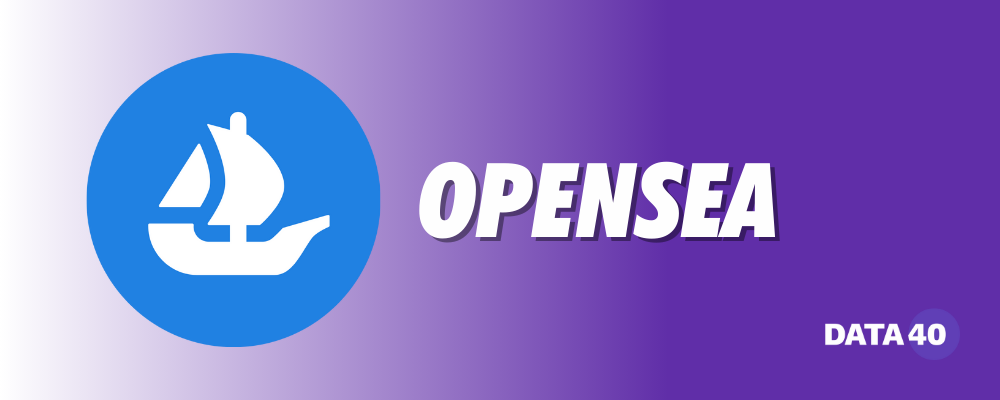
OpenSea stands as the world’s first and largest digital marketplace for non-fungible tokens (NFTs) and crypto collectibles. It enables users to browse, buy, sell, and auction off NFTs across a variety of categories such as art, gaming, memberships, music, photography, and more. Known for its user-friendly interface, OpenSea caters to both seasoned NFT collectors and newcomers to the space. OpenSea is recognized for its extensive support of multiple blockchains, which has been pivotal in establishing it as the largest NFT marketplace. Initially built on the Ethereum blockchain, OpenSea has expanded to include other chains such as Polygon and Klaytn, with ongoing efforts to integrate more blockchains to accommodate a wider range of digital assets and user preferences. When it comes to fees, OpenSea charges a 2.5% service fee to sellers for each transaction made on the platform. This fee is deducted from the final sale price when an item is sold. Buyers, on the other hand, are not subject to this service fee but are responsible for paying gas fees when making transactions, which are network fees paid to miners or validators for processing transactions on the blockchain. Gas fees can vary greatly depending on the blockchain used and the network’s congestion at the time of the transaction.
With the most extensive inventory of NFTs available for purchase, OpenSea has become the go-to marketplace for both retail users and developers. Notable investors, including Mark Cuban, Kevin Durant, Ashton Kutcher, and crypto giant a16z, have contributed to OpenSea’s valuation. The platform has experienced exponential growth due to the increasing popularity of NFTs, attracting attention from celebrities, artists, and major brands. This has led to a significant expansion in its user base and transaction volume. OpenSea has raised over $100 million in funding, reaching a valuation of $1.5 billion in 2021, allowing it to scale operations and enhance its global presence.OpenSea hosts a vast collection of NFTs, including digital artwork, music, photography, trading cards, and more. The platform charges a 2.5% fee on all transactions, along with a gas fee for miners if the transaction occurs via Ethereum.
5. UniSat
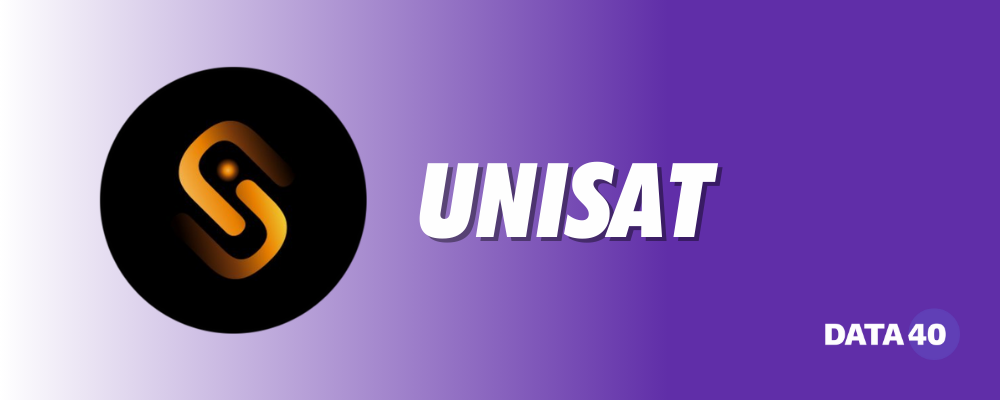
UniSat is presented as a comprehensive solution for Bitcoin assets, focusing on ease of use for trading, inscribing, and managing assets. It advances Bitcoin technology through its features and services. UniSat Wallet is available as a lightweight browser extension, enabling quick and hassle-free interaction with NFTs and Bitcoin transactions.
UniSat Wallet distinguishes itself with its open-source nature and the ability to show unconfirmed NFTs instantly, providing a seamless experience for users. It’s designed to operate without the need to run a full node, making it accessible for a broader range of users. The wallet supports the reception, storage, and sending of NFTs in a manner similar to typical Bitcoin transactions.
The marketplace aspect of UniSat allows for the trading of various types of digital assets, including Ordinals and Atomicals, covering brc-20 and ARC-20 standards. This feature emphasizes the platform’s focus on fostering a vibrant ecosystem for Bitcoin-based digital assets
6. Element Market
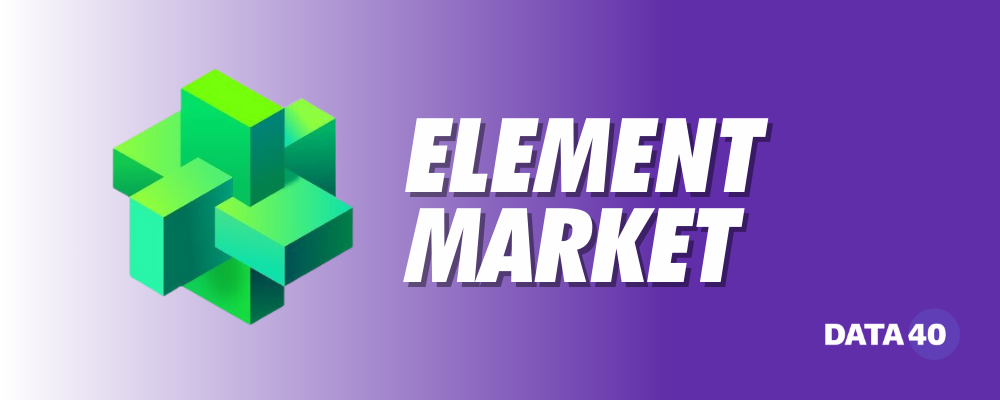
Element stands as the premier community-led aggregate marketplace, designed for efficiency and cost-saving in trading. It combines optimized smart contracts and bulk actions for up to 49% gas savings. Its unique liquidity aggregation ensures genuine market depth, while low fees coupled with trading incentives reduce costs. The platform offers dynamic tools like collection offers and supports instant royalty payments to creators. Continuously evolving, Element integrates with multiple markets such as OpenSea and LooksRare, and supports a rich array of analytics and tracking features across various blockchains. Element Marketplace supports multiple blockchains including BNB Chain, Ethereum, Polygon, and Avalanche, facilitating a wide reach for NFT trading. It emphasizes low trading costs through minimal marketplace fees combined with trading rewards.
7. Tensor
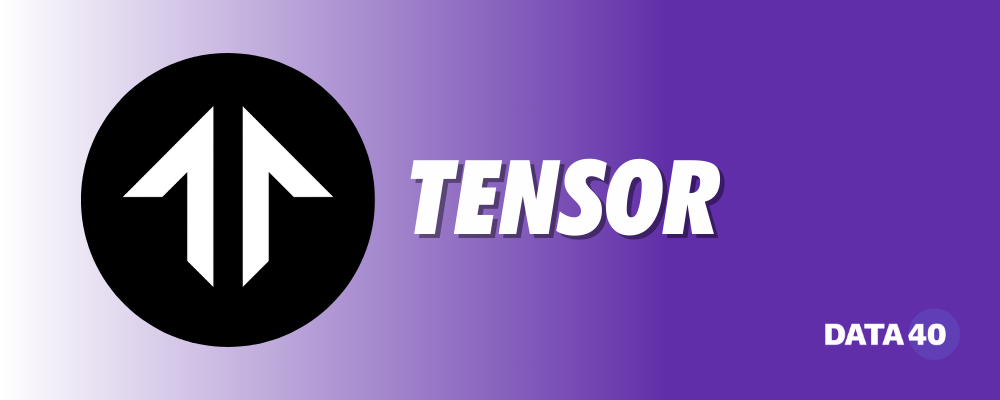
Tensor Marketplace is known as a leading NFT marketplace on the Solana blockchain, offering a platform that caters to both traders and creators. For traders, it provides deep liquidity across 30,000+ collections on Solana, a fast and flexible user interface, and advanced trading functionalities including market-making orders and collection-wide bids. It also introduces a unique product called “price lock,” allowing users to engage in long or short NFT positions with a minimal upfront fee, while makers can potentially earn high yields on their NFTs and SOL.
Creators on Tensor have access to a comprehensive hub for managing their collections, with capabilities to modify mints, names, and descriptions. Additionally, Tensor serves as a launchpad for all types of Solana NFTs, offering a versatile platform for NFT launches.
The platform also distinguishes itself with its own NFT collection called “Tensorians,” dedicated to its most enthusiastic supporters. This aspect underscores Tensor’s commitment to building a vibrant community around its marketplace.
8. Immutable
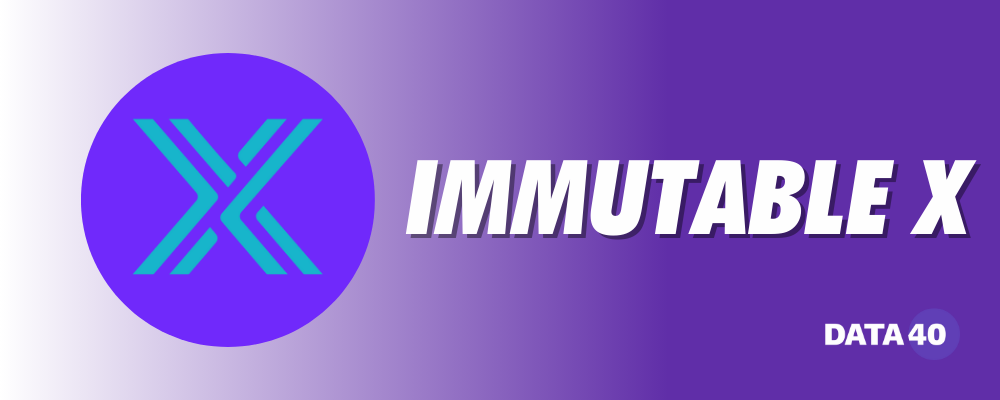
Immutable is recognized as a leading Layer-2 solution for NFTs on the Ethereum blockchain, focusing on scalability and zero gas fees for minting and trading. The platform’s marketplace offers a wide range of NFT collections, particularly in the gaming sector, and facilitates buying and selling NFTs without the typical high costs associated with Ethereum’s network fees.
One of the key technological underpinnings of Immutable is the use of ZK-Rollups, specifically ZK-STARKs, which bundle transactions for efficiency and lower costs. This technology ensures fast and secure transactions on the platform, making it a preferred choice for developers and users alike.
Immutable employs its native ERC-20 utility token, IMX, within its ecosystem. IMX plays a crucial role in the platform’s fee structure and decentralized governance, allowing token holders to participate in key protocol decisions. The platform charges a 2% protocol fee on transactions, a portion of which is allocated to staking rewards for IMX holders
9. Stargaze
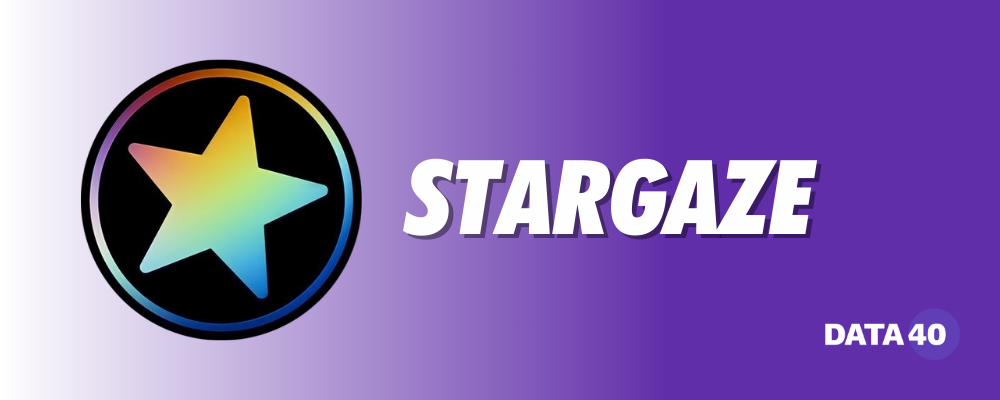
Stargaze is a unique platform within the Cosmos ecosystem, focused on NFTs (Non-Fungible Tokens). It distinguishes itself by enforcing on-chain royalties for creators and developers while providing real yield to stakers through its suite of applications. These applications range from NFT minting and trading to more advanced NFT-Fi apps. Stargaze aims to empower a broad spectrum of users, from those new to the crypto space to seasoned traders seeking sophisticated tools.
The platform operates on a Proof-of-Stake chain using the Tendermint consensus engine, ensuring security and governance through its native STARS tokens. Stargaze is particularly noted for its zero gas fee model for minting and trading NFTs, making it an attractive option for users looking to minimize transaction costs. Additionally, it supports Inter-Blockchain Communication (IBC), allowing for NFT trades across different chains, and interoperates with Ethereum via the Gravity Bridge.
10. X2Y2
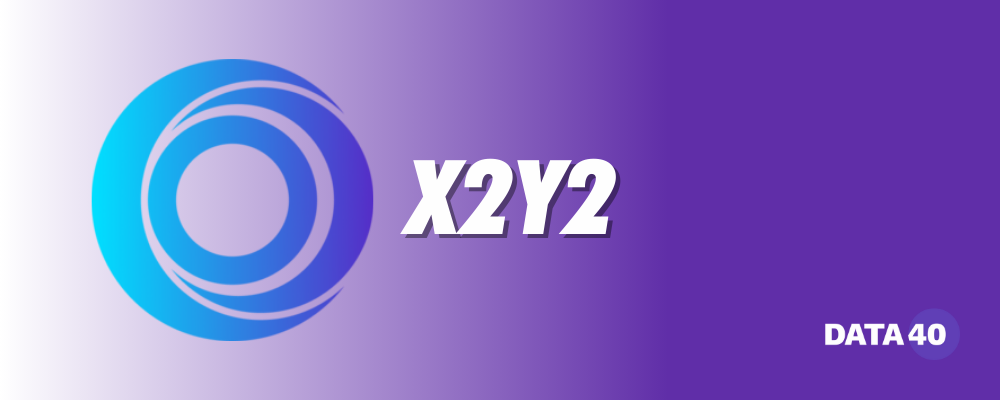
X2Y2 is an NFT marketplace that distinguishes itself from competitors with a range of unique features. Among these features is profit-sharing, where users can stake X2Y2 tokens on the platform and receive a percentage of all NFT trading fees. The more tokens staked, the higher the percentage earned.
To address the issue of gas fees for NFT traders, X2Y2 has implemented a solution for bulk buying and selling. With this feature, users can sell and purchase multiple NFTs at the same time, paying only one gas fee.
X2Y2 also simplifies the process of keeping track of your listed NFTs. Users receive email notifications for bids and direct sales, and they will be alerted if their bid is accepted.
For users seeking rare items, X2Y2’s intuitive rarity tracker provides in-depth analytics and history on any NFT available on the platform, including information on the rarity of each item.
The future of NFT marketplaces
The potential for NFT marketplaces appears promising, as NFTs have demonstrated their worth as a valuable asset class. With increasing awareness of their potential benefits, the demand for NFTs is expected to rise, leading to a likely expansion in the number of NFT marketplaces available to buyers and sellers. The future prospects of NFT marketplaces appear bright, and the potential applications of NFTs appear nearly limitless. As technology progresses, it will be fascinating to witness the growth and development of NFT marketplaces and the broader NFT ecosystem.
An NFT (non-fungible token) is a unique digital token recorded on a blockchain that represents ownership of a digital or physical asset. An NFT marketplace is a platform where you can buy and sell these tokens. There are many NFT marketplaces available, each catering to different niches and varying in reputation.
Investing in NFTs has its advantages and disadvantages. According to Dizon, NFTs offer diverse applications, provide proof of ownership, and are easily accessible through improved platforms. However, they are also known for their volatility, liquidity issues, and the legal ambiguities surrounding them.
NFT marketplaces generate revenue through various fees. Artists must pay gas fees, along with a transaction fee, when minting NFTs. Additionally, most NFT platforms charge fees for listing, minting, or removing NFTs. The gas fees vary depending on the demand and the timing of the transaction on the blockchain.


